Ruth’s Blog: Handwriting matters
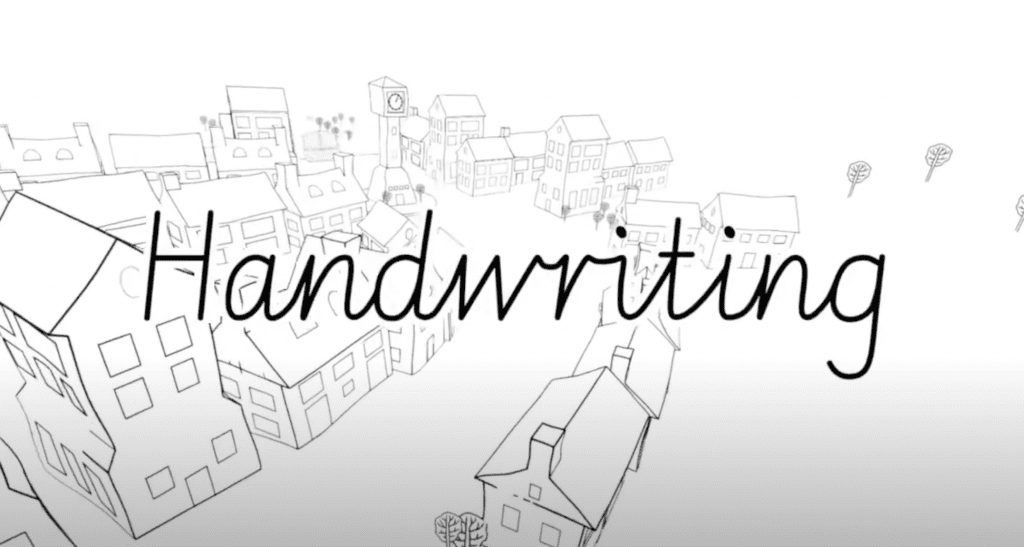
It depresses me to see children who don’t enjoy writing because they find putting pencil to paper hard. It’s no good our saying, ‘Don’t worry about your handwriting, just write your ideas’ because children do worry. Any writing is hard if you’ve not been taught to handwrite. Three reasons why children need fluent handwriting Good […]
Ruth’s Blog: Talk to your partner
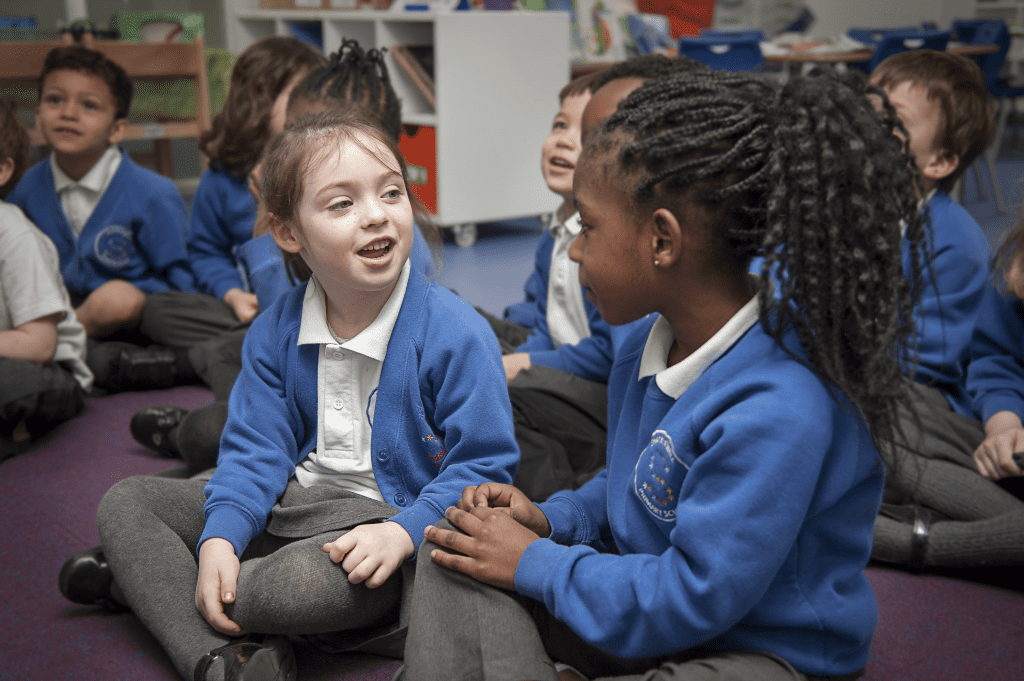
Get bang for your ‘oracy’ buck Nearly 30 years ago, Professor Bob Slavin, an educator from Baltimore, visited my school in Whitechapel. After praising our teaching of reading and writing, he asked me why so few children talked in lessons. He talked about the research he’d done into classroom talk and this one sentence has […]
Ruth’s Blog: We go beyond the need and teach every pupil to read
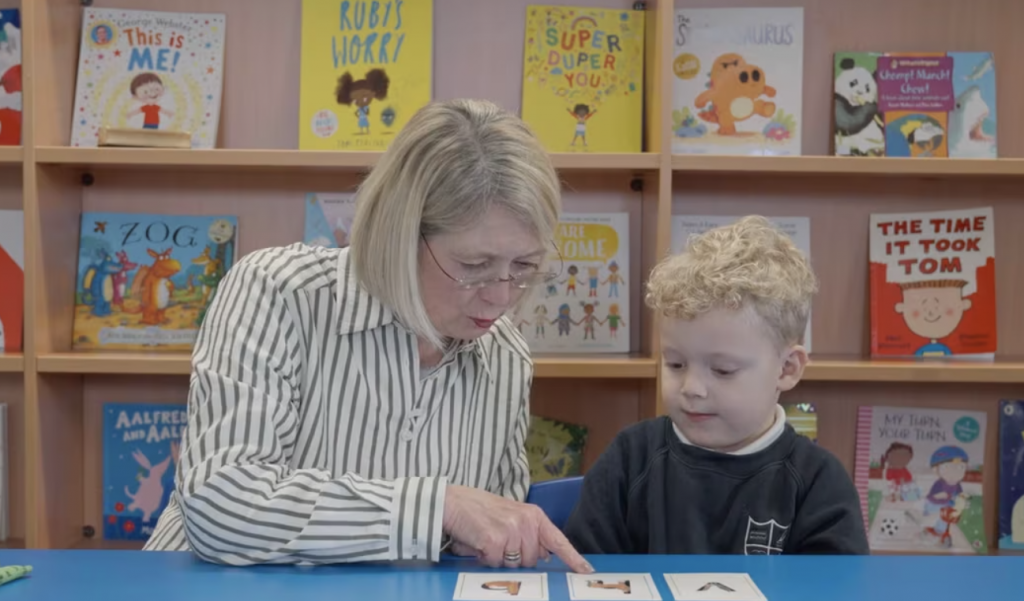
We are never complacent. Schools depend upon our teaching programme. We research practices that will work best for all pupils – and especially those with special needs. We struggle on their behalf – struggling pupils are likely to give up. We don’t. Here’s Jilly, one of our trainers, working with teachers and pupil in Oakwood Special […]
Ruth’s Blog: S-A-L-E-S: Strategies to increase children’s love of reading
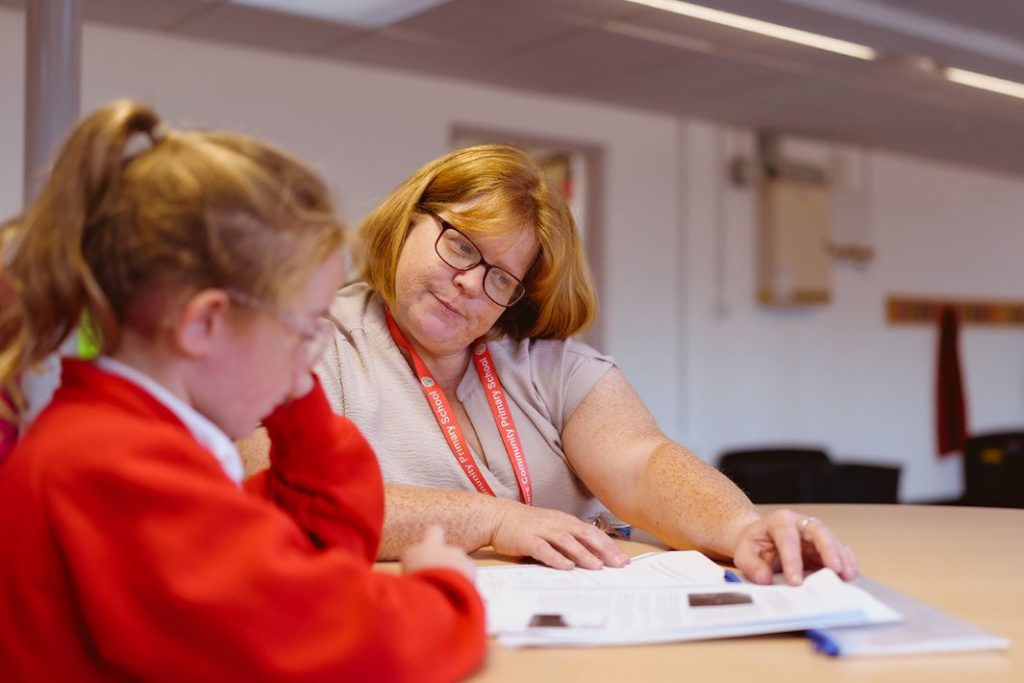
There is considerable research on the strategies advertisers use to persuade people to buy things. We’ll look at some of the common persuasive strategies that work on us and consider whether we might use similar ones to encourage children to read. We’ll use the acronym SALES to guide us through five suggested strategies. S is […]
Ruth’s Blog: How to build the best book corners at Key Stage 1
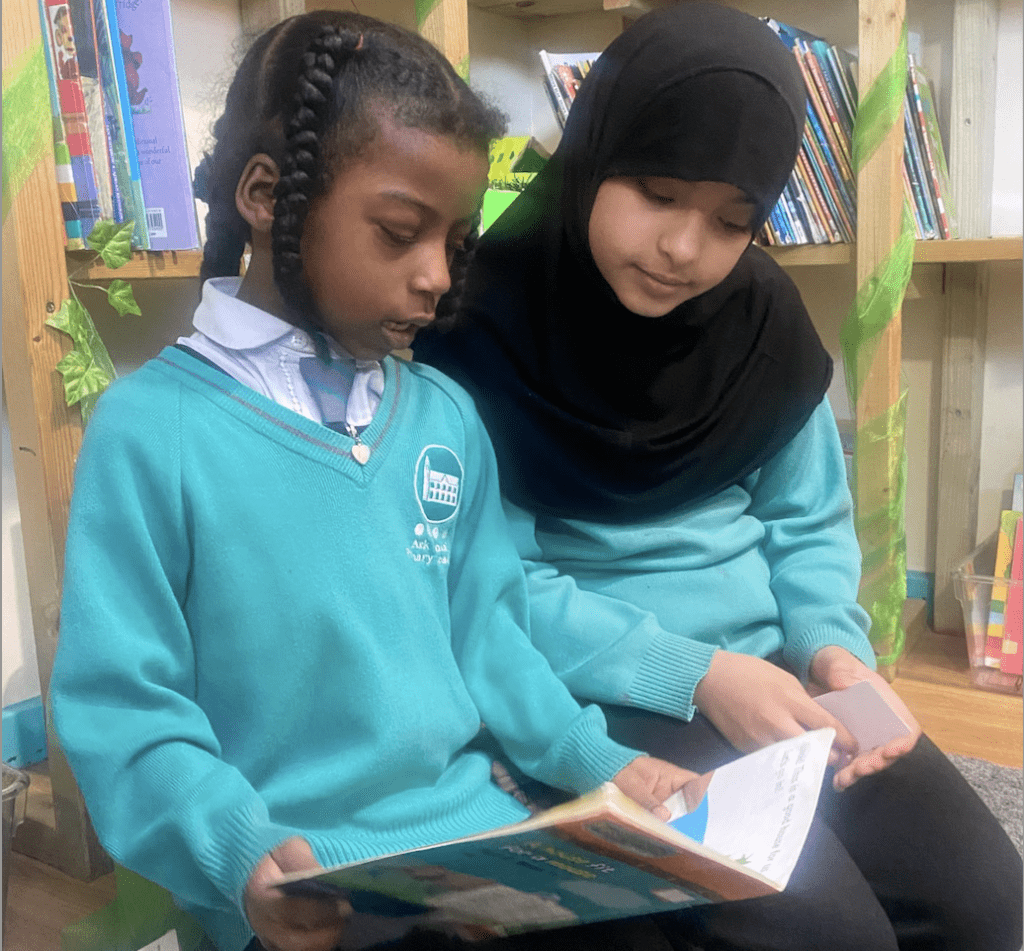
Bang for our book In building the best book corner, focus on the things that will make the biggest difference. Imagine you have a clean slate, an empty classroom. Let’s get bang for our book. Do the things that will truly make a difference and stop doing the things that will not. Every book that […]
Ruth’s Blog: Understanding the impact of book banding on children’s love of reading
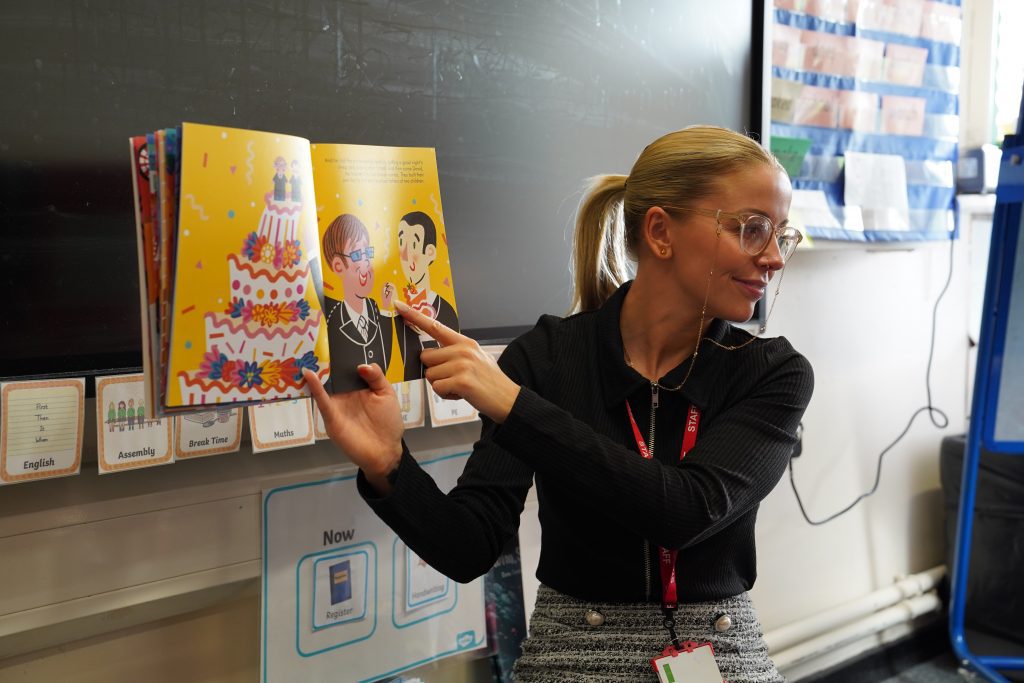
Decodable books Decodable books are necessary for children who are learning to read because they should read books that match the sounds they already know. To make steady, confident progress in decoding, they need to build cumulatively and systematically on their earlier learning. Decodable books, therefore, are specifically organised to match the order of the […]
Ruth’s Blog: Live the story
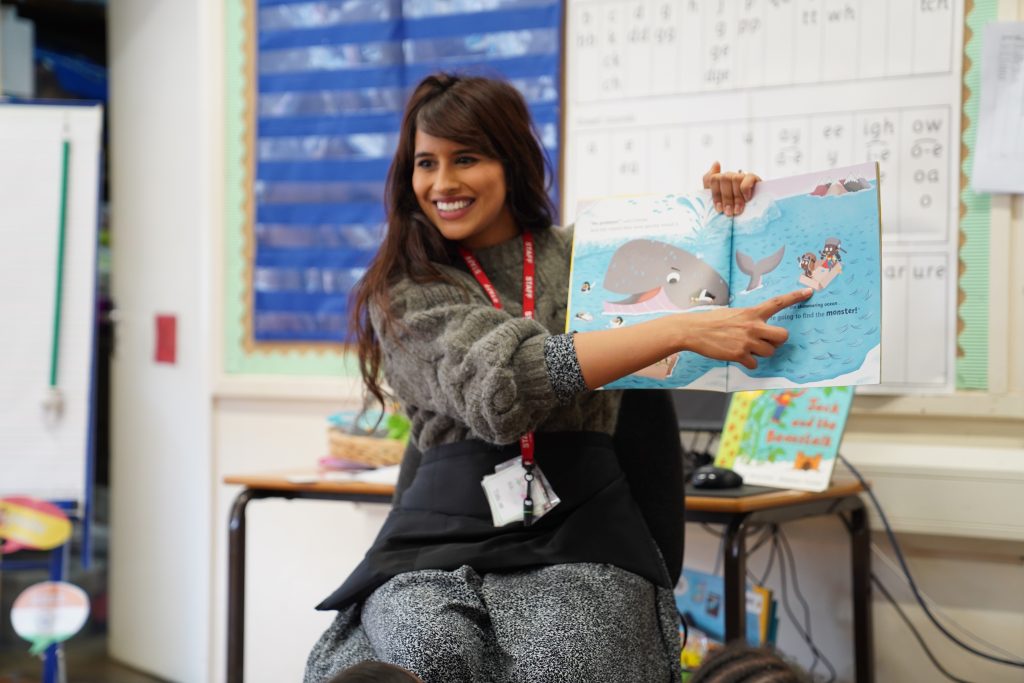
As a teacher, in the days when we listened to individual children read, I’d often say, ‘Try to put a bit of expression in your voice.’ But, in fact, what I wanted was for the child to bring the story alive through their reading, to show me that they understood it. If we want children […]
Ruth’s Blog: Readers can control their learning
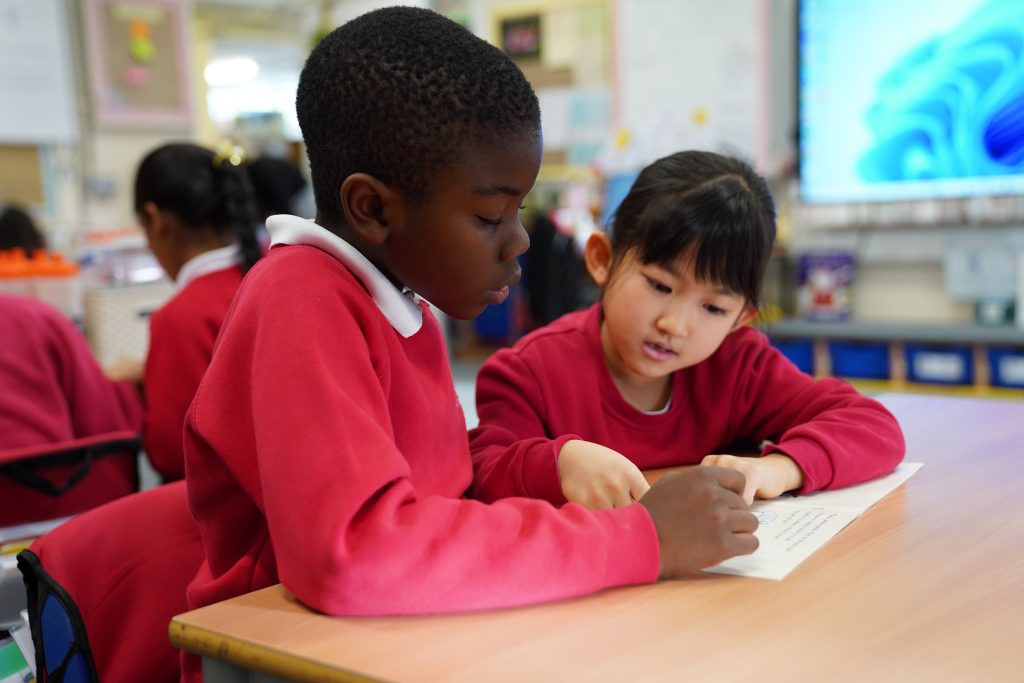
Let’s say that you’re preparing a lesson on Caesar’s invasions of Britain. Maybe you don’t know much about them, so you read around the subject, pick out bits that might be helpful, make notes.You decide to prepare a narrative about the secret expedition to Britain before the invasion. You check out the vocabulary your class […]
Ruth’s Blog: The explanation effect
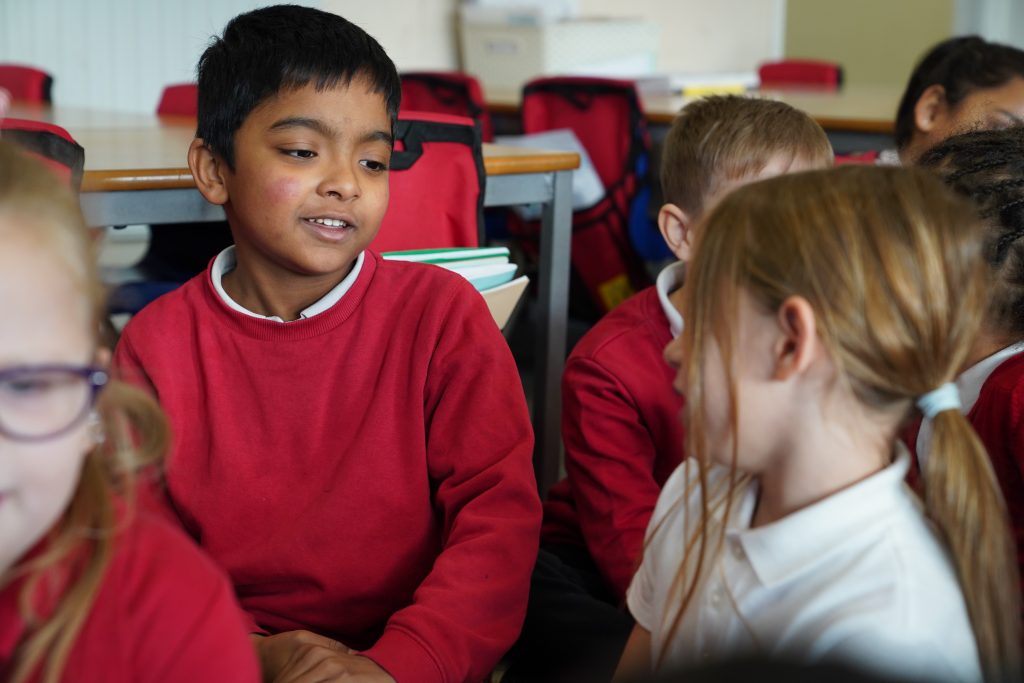
I’ve just listened to a podcast about UPFs. I say to my partner, you’ve got to stop eating ultra-processed foods. They’re hijacking your hormones. They’re bad for your gut… and then, I stumble. (I thought I’d remembered.) I listen to the podcast again. I order Chris Van Tulleken’s book, Ultra Processed People. I make notes. And then… […]
Ruth’s Blog: FRED’S PAL – Ofsted acronym
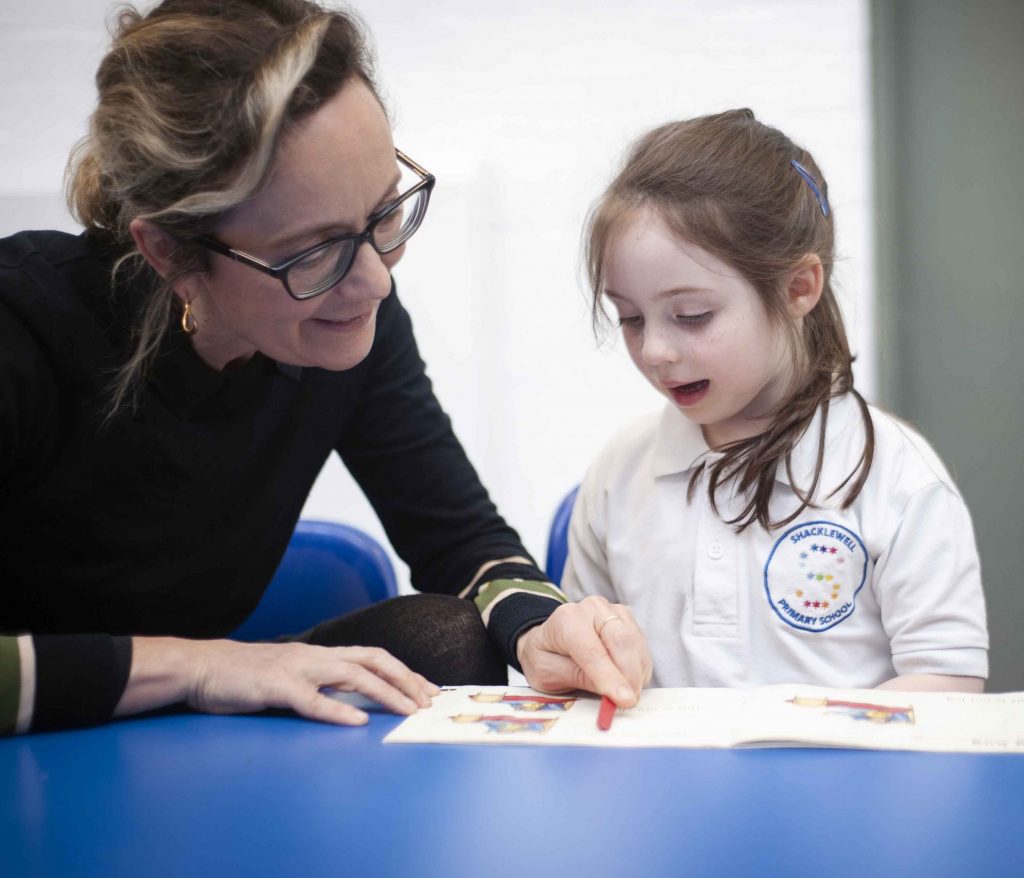
Is FRED’S PAL strong?This might help you remember what inspectors will be looking for! Fidelity to an SSP programme, from sounds to fluencyReception – make a strong startExpertise – build a strong team to teach phonics and early readingDecodable books – carefully matched to children’s phonic knowledgeStories – the bestProgress of lowest 20% – strongandLeaders […]
